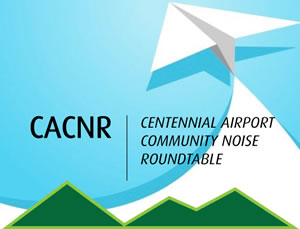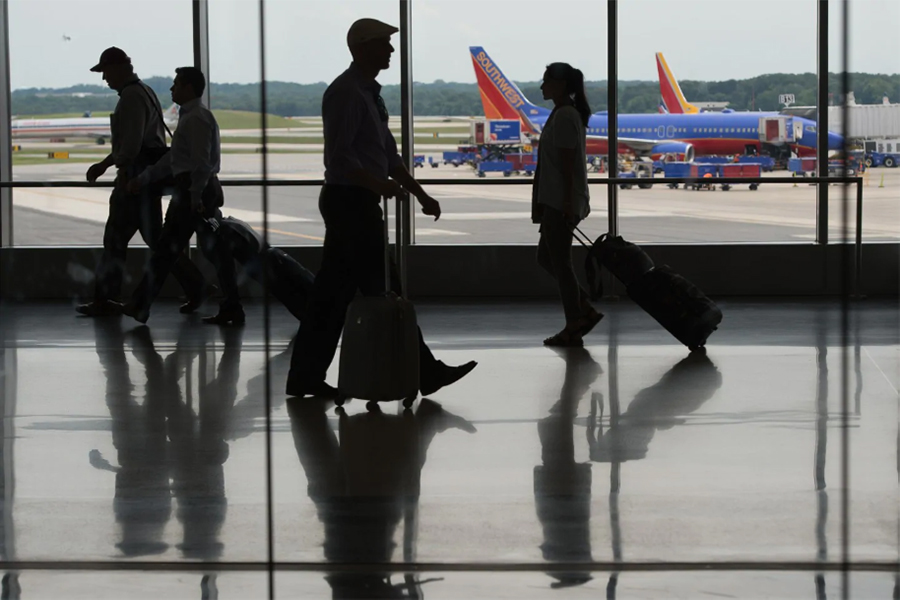By
Michael Laris
July 17, 2018 at 5:07 p.m. MDT
The Federal Aviation Administration has halted discussions with Maryland airport officials and a citizens group after challenges were filed last month on behalf of residents seeking changes in flight paths because of noise.
FAA officials said they could no longer continue talks on flight paths because of the pending legal action.
The breakdown in communications marked a setback for Gov. Larry Hogan (R), who has sought to find common ground with the Trump administration on transportation and other matters.
“We are disappointed with the FAA’s decision. However, the administration remains open to a productive dialogue with the FAA on this very important issue,” said Hogan spokeswoman Amelia Chasse. She added that tens of thousands of Maryland residents need relief from the “noise pollution” associated with flight paths set under the federal government’s NextGen program.
The FAA move was first reported by the Baltimore Sun.
A key goal of the NextGen program is to shift American aviation from a ground-based navigation system to a satellite-based one, to better address “airspace congestion, airports in close geographical proximity, and other limiting factors that reduce efficiency,” according to the FAA.
But in a pair of challenges, Maryland’s Attorney General Brian E. Frosh and other state officials argued that the implications of the flight path and other changes had not been laid out clearly.
Multistate maps lacking key landmarks “made it impossible for the public or agencies to discern exactly what was being proposed and where it would concentrate flights,” according to Maryland’s administrative petition, which addressed changes at Baltimore-Washington International Marshall Airport and was filed with acting FAA administrator Dan Elwell.
Maryland filed a similar legal petition covering Reagan National Airport.
Maryland challenges the FAA over flight paths at National and BWI airports
A citizens group had been meeting for more than a year with representatives of the FAA, seeking relief from what members said had been a sharp and disruptive increase in flight noise.
But this month, an FAA official wrote that “we are unable to continue our conversations” with the roundtable, state-owned BWI, or contractors working on the noise issues.
Raquel Coombs, a spokeswoman for Frosh, said “there’s nothing legally that prevents them from having those conversations,” and said it was the FAA’s “choice to no longer participate in the discussion.”
An FAA spokesman declined to discuss the agency’s reasoning or whether it had followed required environmental procedures ahead of the flight changes.
According to a statement, the FAA “temporarily halted its involvement” in light of Maryland’s petitions. Federal officials had been working on “conceptual changes proposed by the agency to routes” serving BWI, and will resume such interactions once legal issues are resolved, it said.
Progress had been extremely minimal, said Mary Reese, the roundtable’s chairwoman. Still, she said, it was good the FAA was at the table. The group’s latest meeting was scheduled for Tuesday night.
“If every time a citizen petitions their government, the government says they will no longer communicate with them, then that is undermining our Constitution,” Reese said. “Someone needs to remind the FAA that the taxpayers own our airspace and the FAA works for us.”

